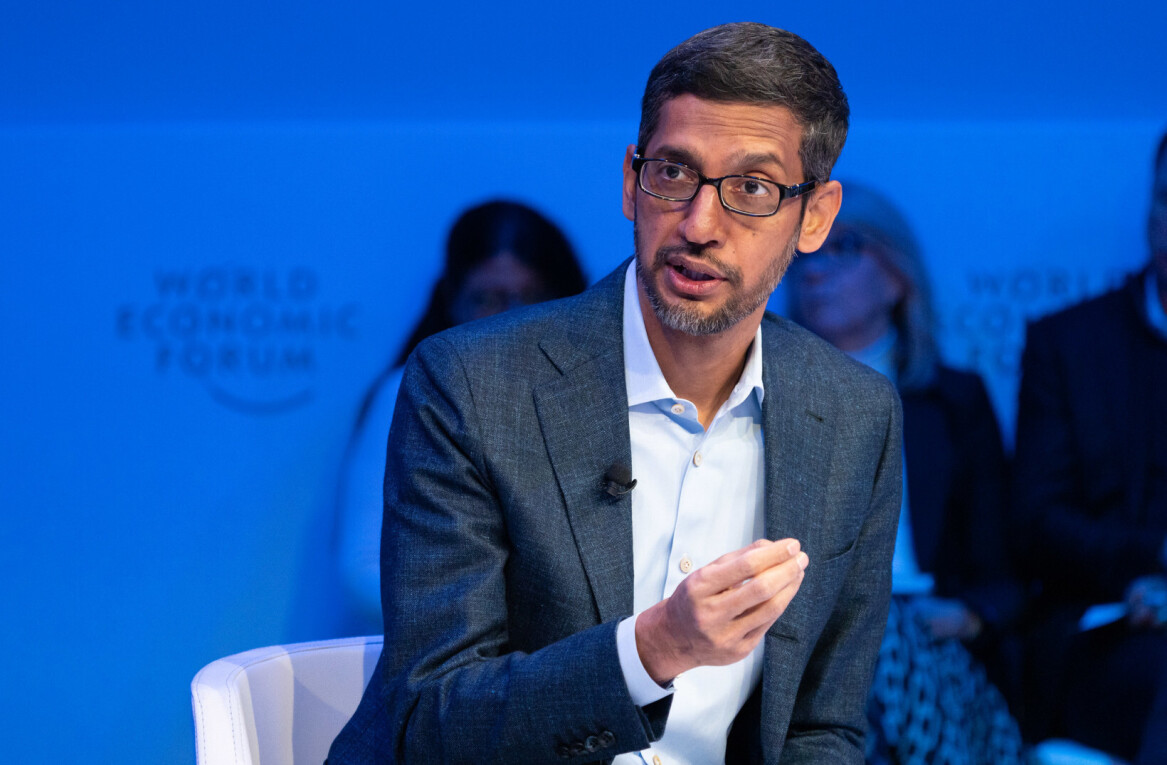
Google’s executive chairman Eric Schmidt made a trip to China recently where he met the Chinese leadership up close in meetings held by the 21st Century Council. In a Google+ update, he reflected on how the Internet in China is expanding so rapidly that “it will be determinative in a wide range of issues” in the future.
He notes that the forces of demographics, globalization and automation have favored China up till now, but will probably not be the case in another 10 years down the road — as it is expected that China’s growth may slow to three percent or less, bringing a lot of deep-seated issues to the fore.
All of (China’s) leaders (emphasize) the logic of growth and the need to avoid the middle-income trap. When that growth stops, the strength and toughness so appealing now internally will come in question. Freedom of expression, an open Internet, and inclusiveness are probably the only way to address these future problems.
Schmidt also questioned how the leadership would react if a new idea sweeps the population on the Internet, leading to a new feeling of change or justice which can’t be suppressed — given that right now they don’t even discuss “the terrible censorship” and humans rights issues. “President Xi himself attacked the freedom of the Internet, and encouraged the latest attacks on bloggers,” he notes.
The Chinese leaders’ mindset appears to be more like an energy field.. where as long as there are small disturbances they can tolerate it but anything major, or disruptive, they will deal with and often harshly. My sense is that this will continue to be true for a long time.
In this vein, Schmidt ends by urging China to adopt more modern rules for the Internet and free speech, as the openness of technology can “really build a modern country of ideas, research, innovation and prosperity.”
Google probably has other motives for encouraging China to open up its Internet policies (after all, it exited the potentially-lucrative country in 2010 amid plenty of controversy) — but it can’t be denied that the massive country’s rampant censorship has indeed given many people cause for worry.
Headline image via Yoshikazu Tsuno/AFP/Getty Images
Get the TNW newsletter
Get the most important tech news in your inbox each week.





